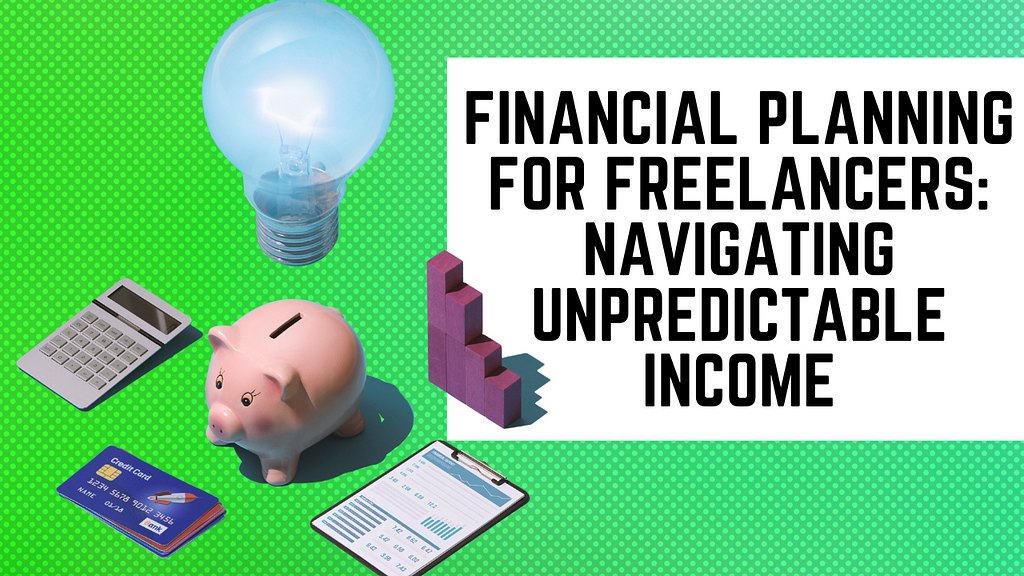
Freelancing offers independence and flexibility, but it comes with the challenge of unpredictable income. Successful freelancers understand the importance of strategic financial planning to navigate the highs and lows that accompany a variable income. In this guide, we’ll explore key principles and examples to help freelancers manage their finances effectively.
Create a Budget with Flexibility
Building a budget is fundamental for financial stability, but freelancers need to embrace flexibility. Outline your fixed expenses, and allocate a percentage of your income to variable expenses and savings.
Example: Allocate 50% of your income to essentials, 30% to discretionary spending, and 20% to savings. Adjust these percentages during months with higher or lower income.
Build an Emergency Fund
Given the unpredictability of freelancing, having an emergency fund is crucial. Aim to save at least three to six months’ worth of living expenses to weather unforeseen financial challenges.
Example: If your monthly expenses amount to $3,000, target an emergency fund of $9,000 to $18,000.
Diversify Your Client Base
Relying on a single client for the majority of your income can be risky. Diversify your client base to spread the risk and ensure a more stable income stream.
Example: A freelance graphic designer could work with various industries, including technology, healthcare, and marketing, reducing dependence on a single sector.
Set Realistic Income Goals
Establish realistic income goals based on your skills, industry rates, and the time you can dedicate to freelancing. Strive for a balance between setting ambitious targets and maintaining feasibility.
Example: If your goal is to earn $50,000 annually, break it down into monthly targets, and track your progress regularly.
Invoice Promptly and Negotiate Rates
Maintain a steady cash flow by invoicing promptly and negotiating fair rates for your services. Clearly communicate your terms to clients to ensure timely payments.
Example: If you complete a project milestone, submit an invoice immediately. Negotiate rates that reflect your skills and industry standards.
Tax Planning
Freelancers are responsible for managing their taxes. Set aside a portion of your income for taxes and stay informed about deductible expenses to minimize your tax liability.
Example: Keep detailed records of business expenses such as equipment, software subscriptions, and co-working space fees for tax deductions.
Financial planning is the cornerstone of a successful freelancing career, especially when dealing with unpredictable income. By embracing flexibility, building a safety net, and diversifying income sources, freelancers can navigate the challenges of their profession with confidence. Establishing good financial habits and staying proactive in managing your money will contribute to a stable and thriving freelance career.
Financial Planning for Freelancers: Navigating Unpredictable Income was originally published in Solopreneur101 on Medium, where people are continuing the conversation by highlighting and responding to this story.